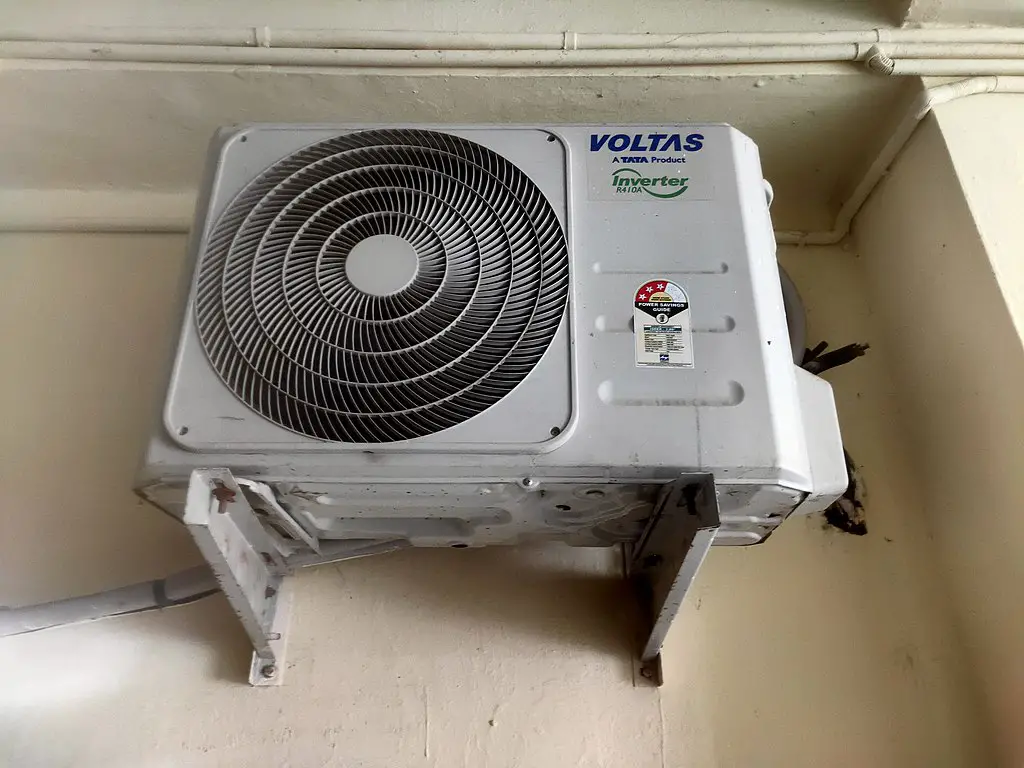Ac Compressor Hot To The Touch

A common automotive concern, a hot air conditioning (AC) compressor, is sparking discussions among car owners and mechanics alike. While a running AC compressor naturally generates heat, an excessively hot unit can signal underlying mechanical issues, leading to potential system damage and costly repairs. Understanding the normal operating temperature range and recognizing the signs of overheating are crucial for maintaining a vehicle's AC system and preventing further complications.
This article delves into the factors contributing to an AC compressor overheating, diagnostic methods for identifying the root cause, and preventative measures to ensure optimal performance and longevity of the system. It aims to provide clarity on what constitutes a normal operating temperature, the potential consequences of neglecting an overheating compressor, and the steps car owners can take to address the issue proactively.
Understanding AC Compressor Function and Heat Generation
The AC compressor is the heart of a vehicle's air conditioning system. Its primary function is to compress refrigerant gas, increasing its pressure and temperature, before circulating it through the condenser.
This compression process inherently generates heat. The refrigerant absorbs heat from the cabin air as it evaporates in the evaporator core, and then carries that heat to the condenser, where it is released into the atmosphere.
Therefore, it is normal for an AC compressor to be warm or hot to the touch while the AC system is in operation. However, there is a distinction between normal operating heat and excessive heat.
Defining "Too Hot": Identifying Overheating
Determining what constitutes an excessively hot AC compressor can be subjective, but a general guideline is that the compressor should be hot but not scalding to the touch. A compressor that is too hot to touch for more than a second or two is likely overheating.
Mechanics often use infrared thermometers to measure the surface temperature of the compressor. A reading significantly above the ambient temperature, or exceeding the manufacturer's recommended operating range, indicates a potential problem.
It’s crucial to consult the vehicle's service manual for specific temperature specifications, as these may vary depending on the make and model. Ignoring such signs can result in more serious problems.
Potential Causes of AC Compressor Overheating
Several factors can contribute to an AC compressor overheating. Low refrigerant levels are a common culprit, as insufficient refrigerant reduces the system's ability to dissipate heat effectively.
A clogged condenser can also impede heat transfer, causing the compressor to work harder and generate more heat. Restrictions in the refrigerant lines, such as a kink or blockage, can similarly lead to overheating.
Furthermore, a faulty compressor clutch or a worn-out compressor itself can contribute to excessive heat generation due to increased friction and internal strain. Malfunctioning cooling fans also contribute to overheating.
Diagnostic Methods and Repair Procedures
Diagnosing an overheating AC compressor involves a systematic approach. Checking the refrigerant level is the initial step, often using a manifold gauge set to measure the system's pressure.
Inspecting the condenser for debris and airflow obstructions is also crucial. Refrigerant lines should be visually inspected for kinks or damage, and the cooling fans should be tested to ensure they are operating correctly.
In some cases, a professional AC system flush may be necessary to remove contaminants. If the compressor itself is deemed faulty, replacement is often the only viable solution.
Preventative Measures for AC System Maintenance
Regular AC system maintenance is essential for preventing compressor overheating. This includes periodic refrigerant level checks and topping off as needed.
Keeping the condenser clean and free of debris is also important. Having the system professionally serviced annually can help identify and address potential issues before they escalate.
Using high-quality refrigerant and compressor oil, as recommended by the vehicle manufacturer, can also contribute to the longevity and efficiency of the AC system.
The Economic and Environmental Impact
Neglecting an overheating AC compressor can lead to significant repair costs, including compressor replacement, refrigerant recharge, and potential damage to other system components.
Moreover, refrigerant leaks, often associated with AC system failures, contribute to environmental pollution. Some refrigerants are potent greenhouse gases, contributing to climate change.
Therefore, proactive maintenance and timely repairs not only save money in the long run but also minimize the environmental impact associated with AC system failures.
Expert Opinions and Industry Insights
"A properly functioning AC system is crucial for driver comfort and safety, especially in hot climates," says John Doe, a certified automotive technician with 15 years of experience. "Addressing an overheating compressor promptly can prevent more extensive damage and ensure reliable AC performance."
According to the Air Conditioning Contractors of America (ACCA), regular maintenance and professional servicing are key to maximizing the lifespan of an AC system and minimizing the risk of costly repairs.
"Preventive maintenance is always cheaper than reactive repairs," notes ACCA spokesperson, Jane Smith.
The Environmental Protection Agency (EPA) also emphasizes the importance of proper refrigerant handling and leak prevention to minimize environmental harm. Proper disposal of old refrigerants is essential.
Conclusion: Proactive Maintenance for Optimal AC Performance
While a hot AC compressor is a normal occurrence during operation, excessive heat can indicate underlying problems that require attention. Understanding the potential causes, diagnostic methods, and preventative measures is crucial for maintaining a healthy AC system.
By adopting a proactive approach to AC system maintenance, car owners can avoid costly repairs, ensure optimal cooling performance, and minimize the environmental impact associated with refrigerant leaks.
Consulting with a qualified mechanic for regular inspections and addressing any signs of overheating promptly will contribute to the longevity and efficiency of the vehicle's air conditioning system. Don't wait until it breaks down completely.
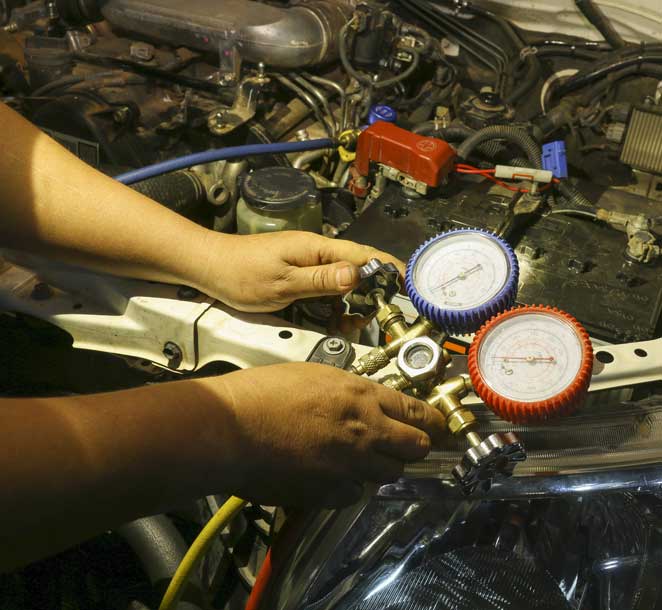
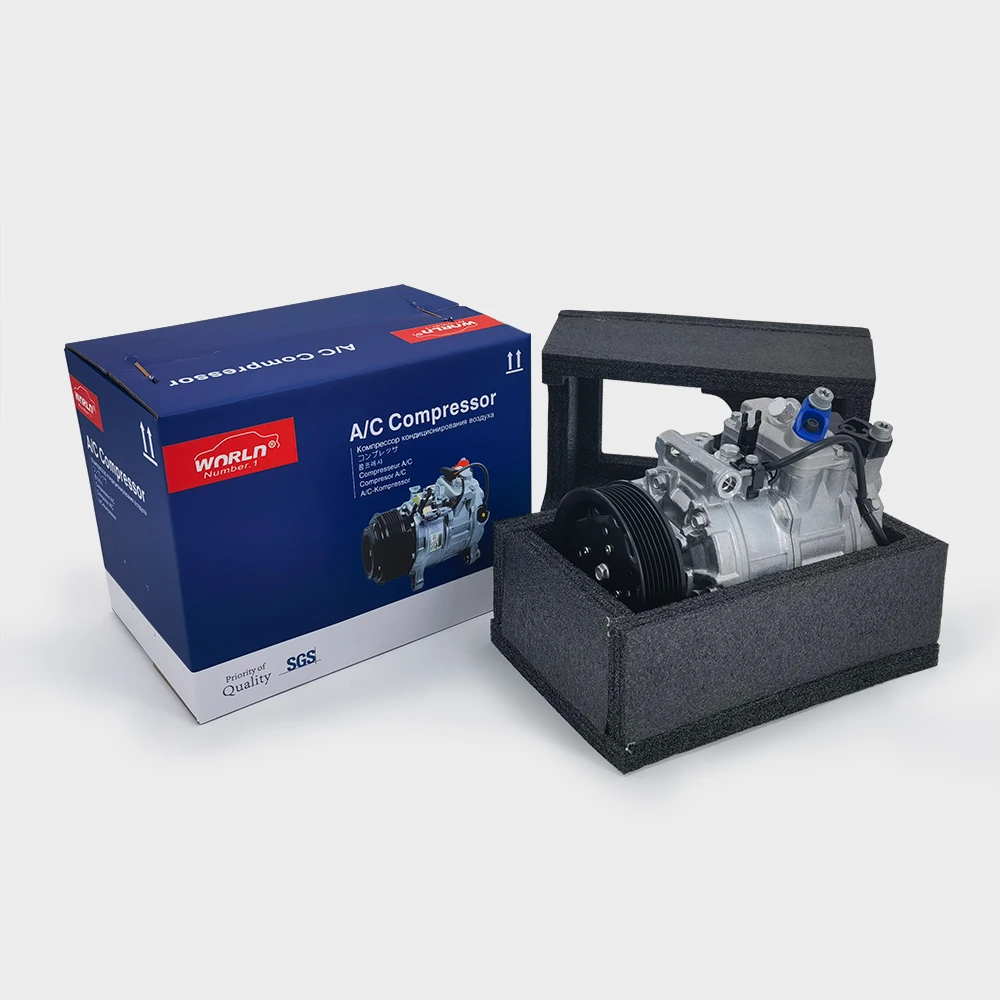


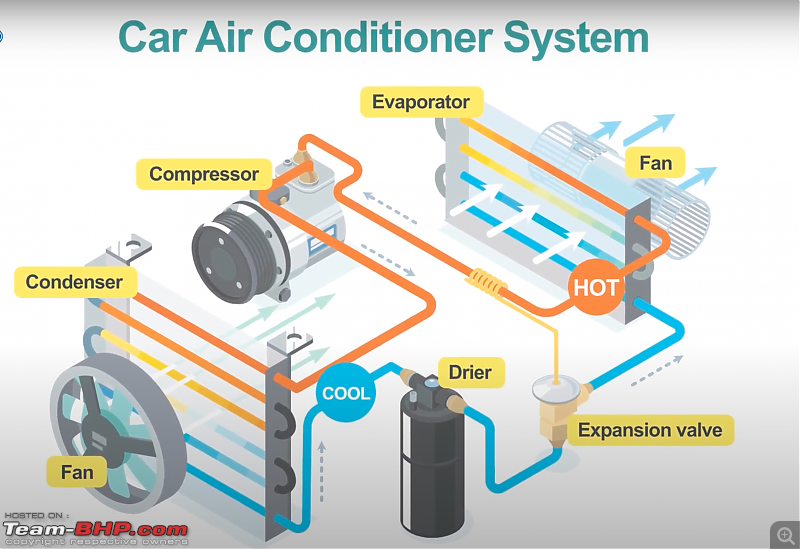



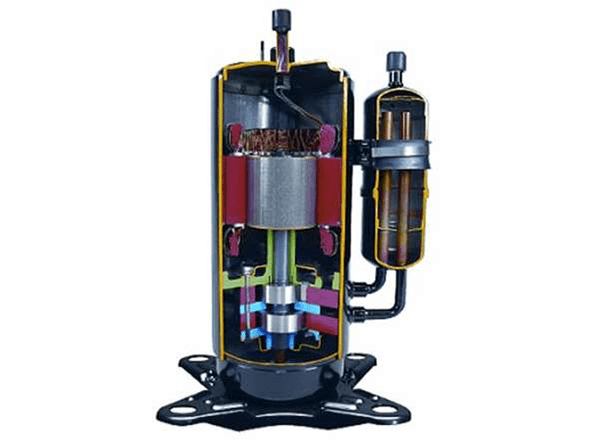

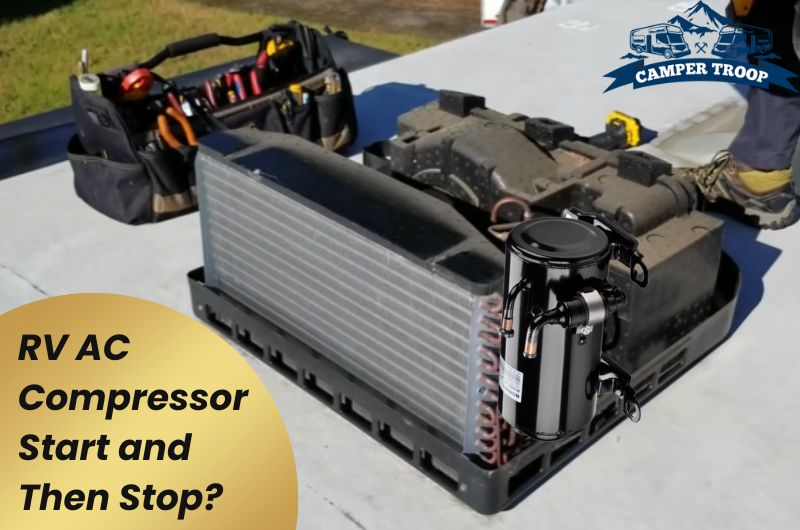
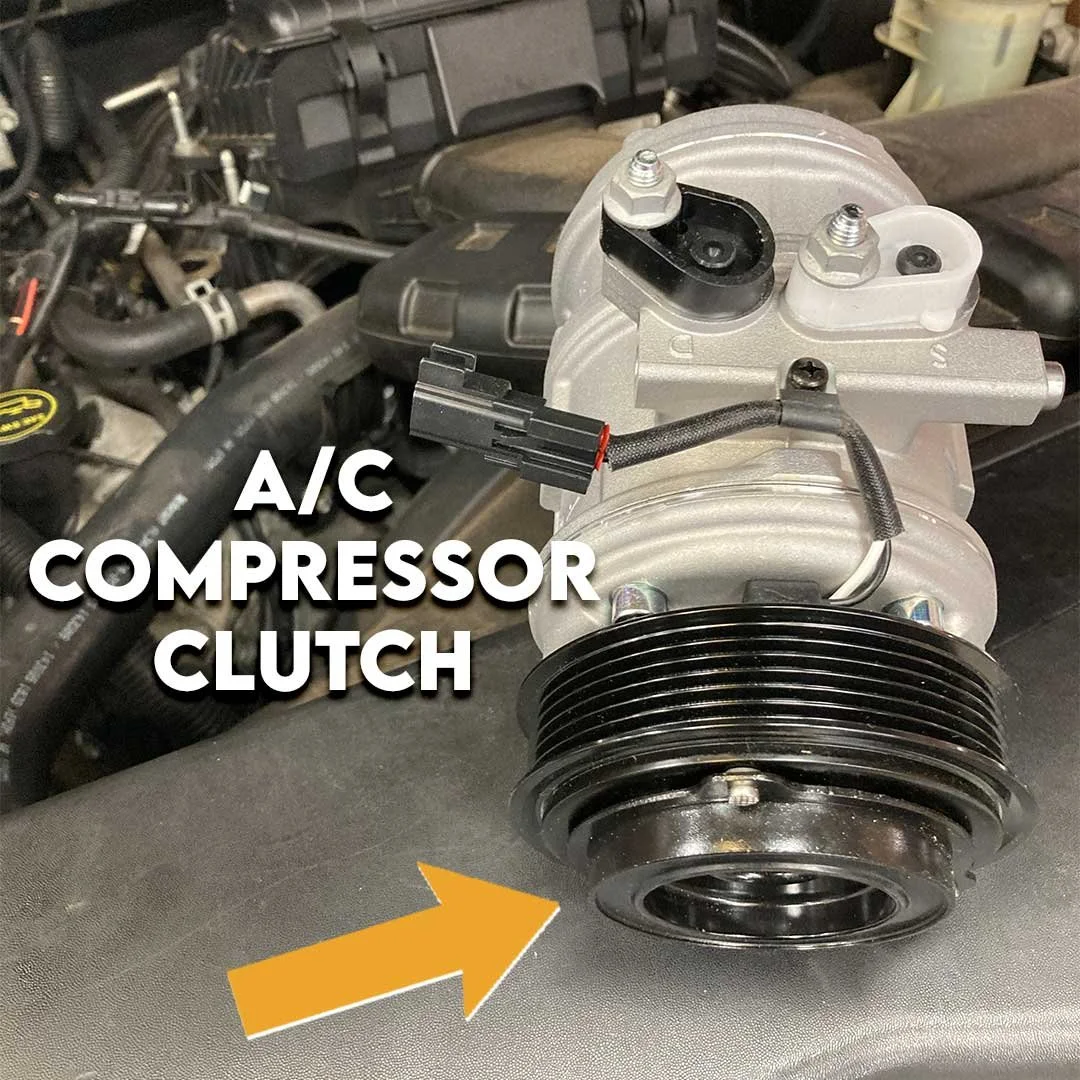


![Ac Compressor Hot To The Touch Why Is My AC Compressor Not Turning On? How to Fix [With Pictures]](https://www.supertechhvac.com/wp-content/uploads/2022/07/Why-is-My-AC-Compressor-Not-Turning-On-3.png)
